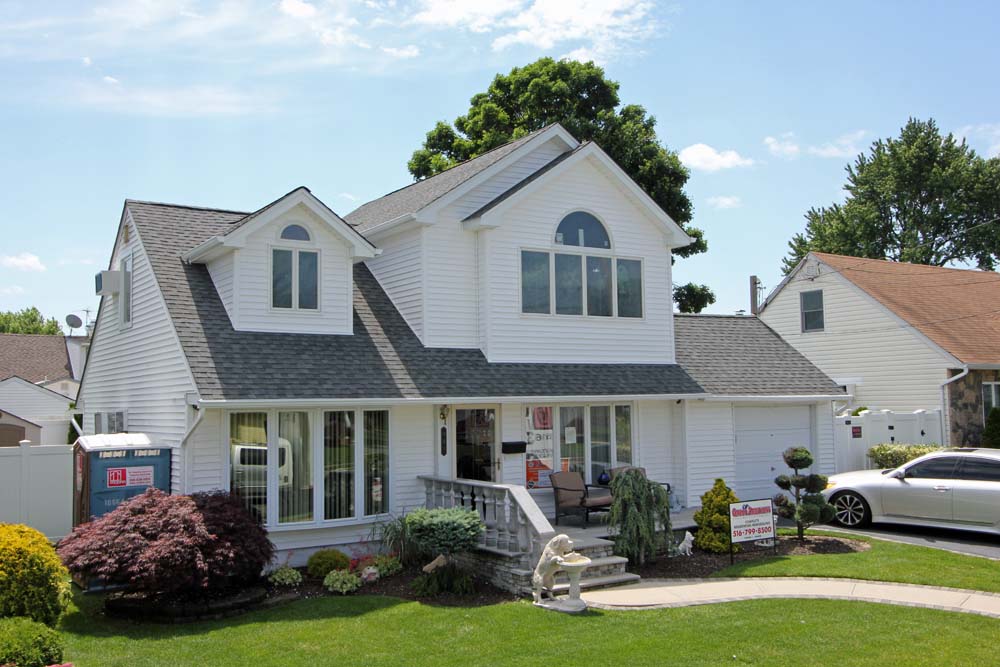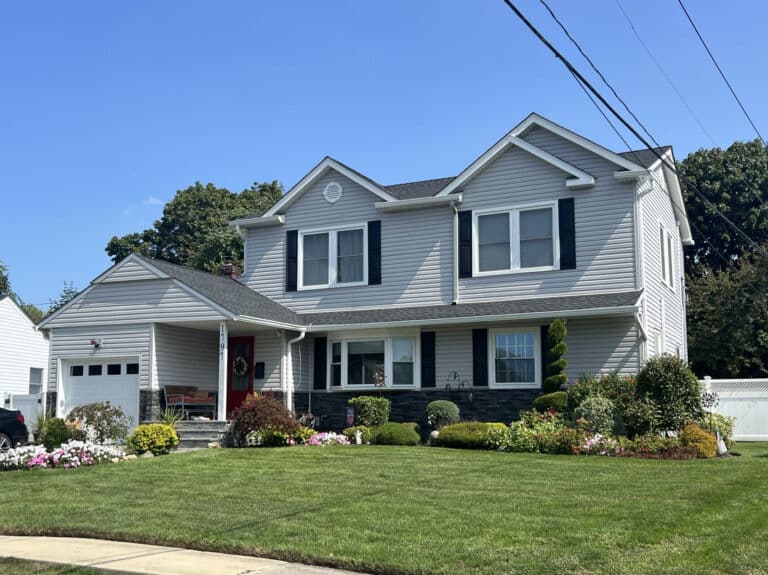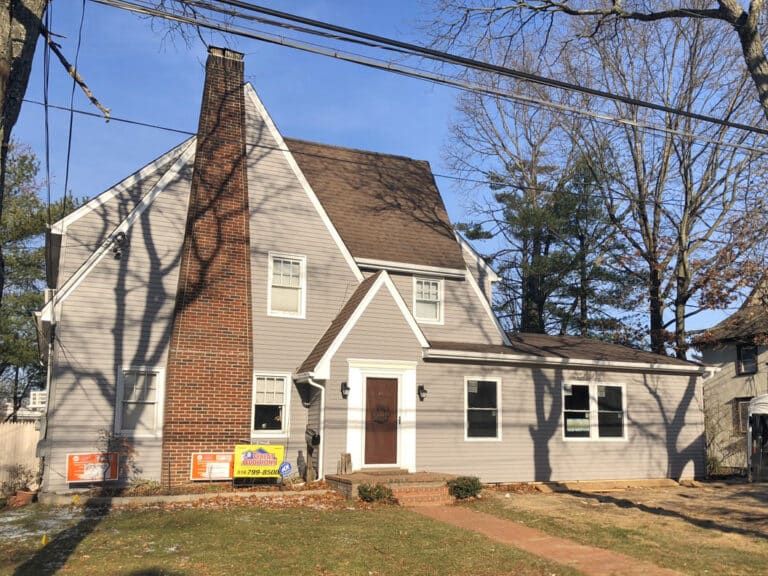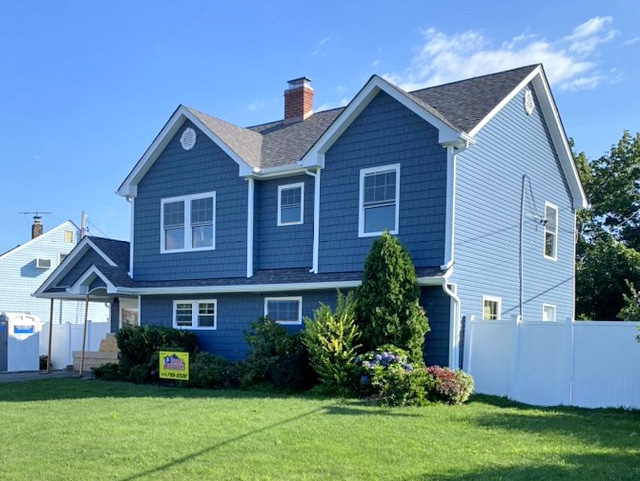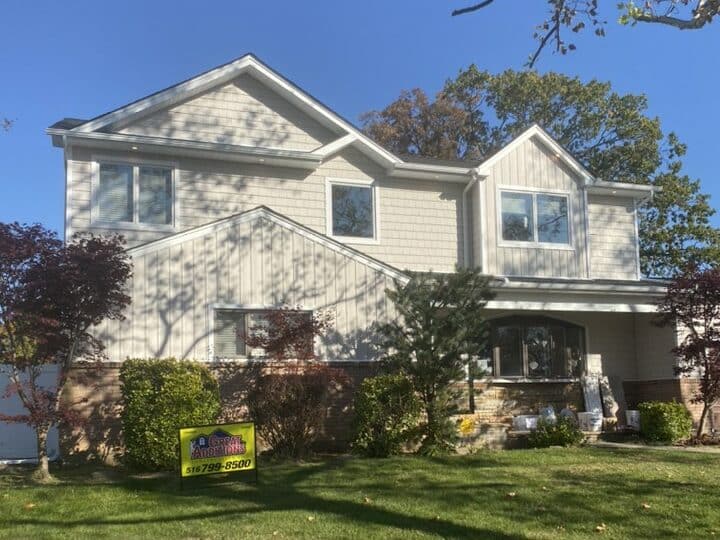If you’re considering making changes to your home, adding a dormer on your house may be a great option to consider. Dormers are windowed structures that extend out from the slope of a roof and can add both functional and aesthetic value to a home. In this post, we’ll take a closer look at the benefits of adding a dormer to your house and how to decide if it’s the right choice for you.
What is a Dormer?
A dormer is a vertical extension of a home’s roof that typically includes a window. Dormers can be added to the front, back, or sides of a house, and can be constructed in various sizes and styles to suit the design of the home. The most common types of dormers are gable, shed, and hip roof dormers.
Gable dormers have a triangular-shaped roof that slopes down from a central peak. They are a popular choice because they can add a traditional touch to a home and provide plenty of natural light.
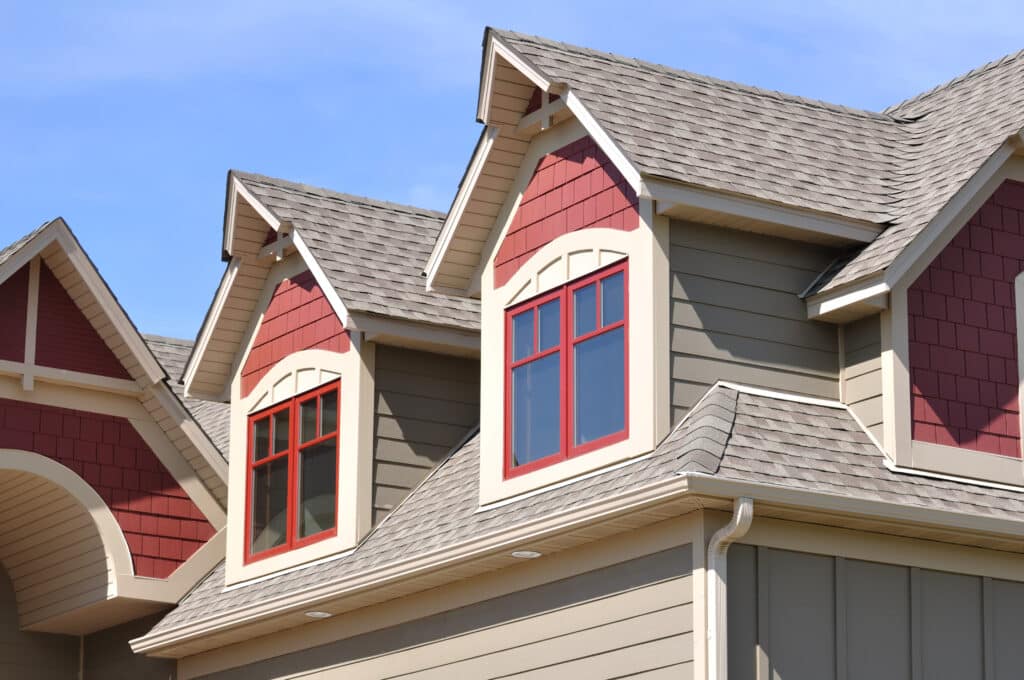
Shed dormers have a single-sloped roof that slopes down from the peak of the dormer. They are a more modern option and can provide a sleek, contemporary look to a home.
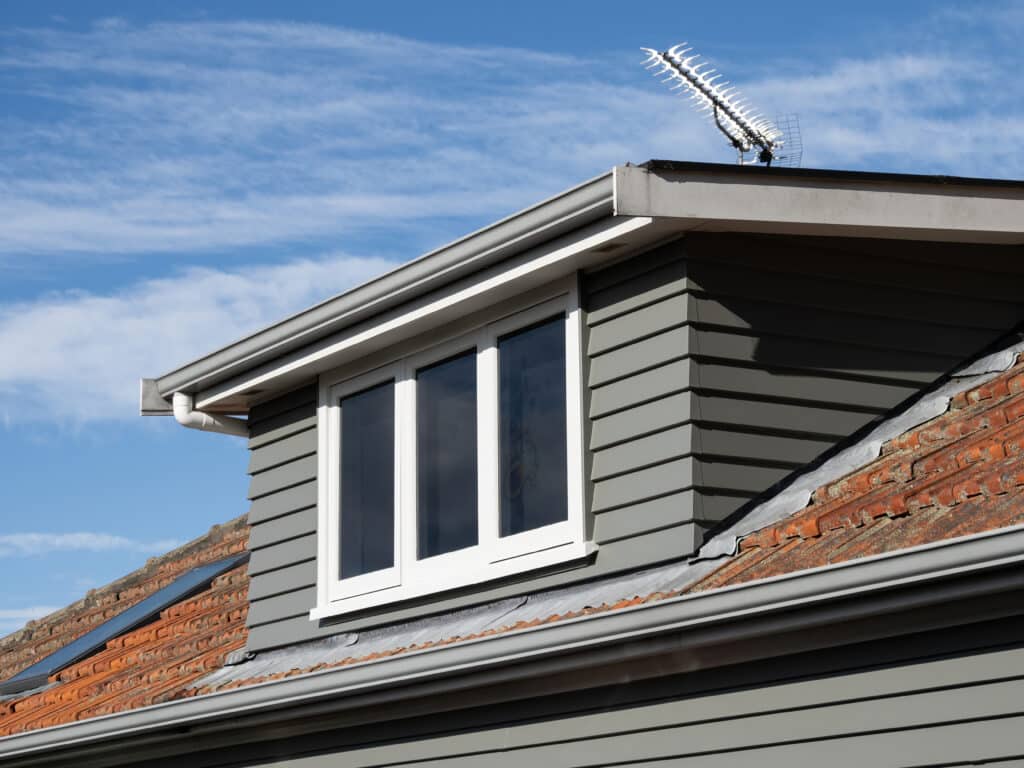
Hip roof dormers have a roof that slopes down from all sides of the dormer, creating a more complex and elegant look. They can add a touch of sophistication to a house and are often used in more upscale neighborhoods.
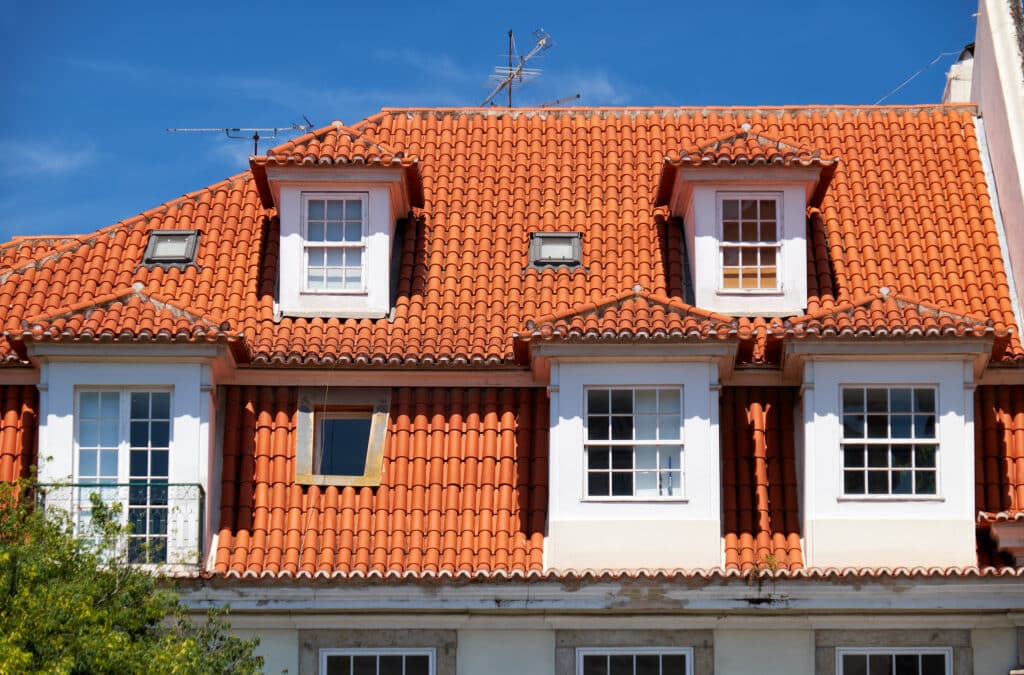
Benefits of Adding a Dormer
There are several benefits to adding a dormer to your house, including:
- Extra Natural Light: One of the most appealing benefits of a dormer is it’s ability to draw in more natural light to a room. By adding a window to the roof, you can let in more sunlight and make a space feel brighter and more welcoming. This can be especially useful in rooms that may not have access to windows on the exterior walls, such as attics or upper-level bedrooms.
- Extra Space: A dormer can also add functional space to your home by creating an additional room or expanding an existing one. For example, you could use a dormer to create a cozy reading nook or a small home office. Alternatively, you could use a dormer to expand the size of an existing room by adding additional headroom and square footage.
- Increased Home Value: Adding a dormer can also increase the value of your house. Not only do dormers add extra square footage and functional space, but they can also enhance the overall aesthetic of a home and make it more attractive to potential buyers. A well-designed dormer can be a selling point for a house and may even help it stand out in a crowded market.
- Improved Energy Efficiency: Depending on the type of window you choose for your dormer, it can also improve the energy efficiency of your home. Energy-efficient windows can help reduce heat loss in the winter and heat gain in the summer, potentially lowering your energy bills. By adding a dormer, you can take advantage of natural light and ventilation, which can help reduce your reliance on artificial lighting and heating and cooling systems.
How to Decide if a Dormer is Right for Your House
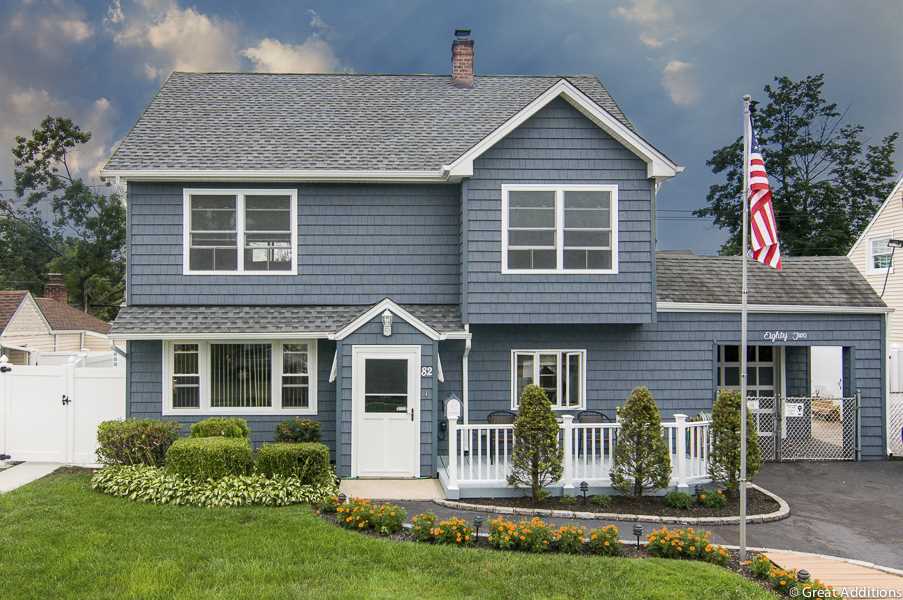
Before deciding to add a dormer to your home, there are a few factors to consider:
- Budget: Dormer additions will vary in cost depending on the size, style, and materials used. It’s important to determine your budget and make sure adding a dormer fits within it. It’s also a good idea to find a contractor that specializes in dormer construction and dormer additions to make sure you’re getting the best value for your money. And remember that value doesn’t mean the cheapest price, but the highest quality product for the money you’re spending!
- Home Style: The style of your house should also be taken into consideration when deciding on a dormer. It’s important to choose a dormer style that complements the overall design of your home to ensure a cohesive look. For example, a gable dormer may be a better fit for a traditional house, while a shed dormer may be more suitable for a modern home.
- Roof Structure: It’s also important to consider the structure of your roof and whether it can support a dormer. You’ll need to consult with a contractor or structural engineer to determine if your roof is able to accommodate a dormer. Factors to consider include the age and condition of the roof, as well as the type of framing and the load-bearing capacity of the rafters.
- Permits: Depending on the location of your home, you may need to obtain a building permit before adding a dormer. It’s important to check with your local building department to determine if a permit is required and what the process is for obtaining one. Failure to obtain the necessary permits can result in fines and may even require you to remove the dormer. Permits are an area where a licensed contractor comes in handy and will ensure you have all the necessary permits and can provide a realistic time estimate for having them issued before you begin your construction project.
Adding a dormer to your house can bring numerous benefits, including extra natural light, extra space, increased home value, and improved energy efficiency. It’s important to consider your budget, home style, roof structure, and local permit requirements when deciding if a dormer is right for your home. If you’re interested in adding a dormer, it’s a good idea to consult with a contractor or structural engineer to determine the feasibility and cost of the project. Overall, a dormer can be a smart investment that can add value and functionality to your house.

